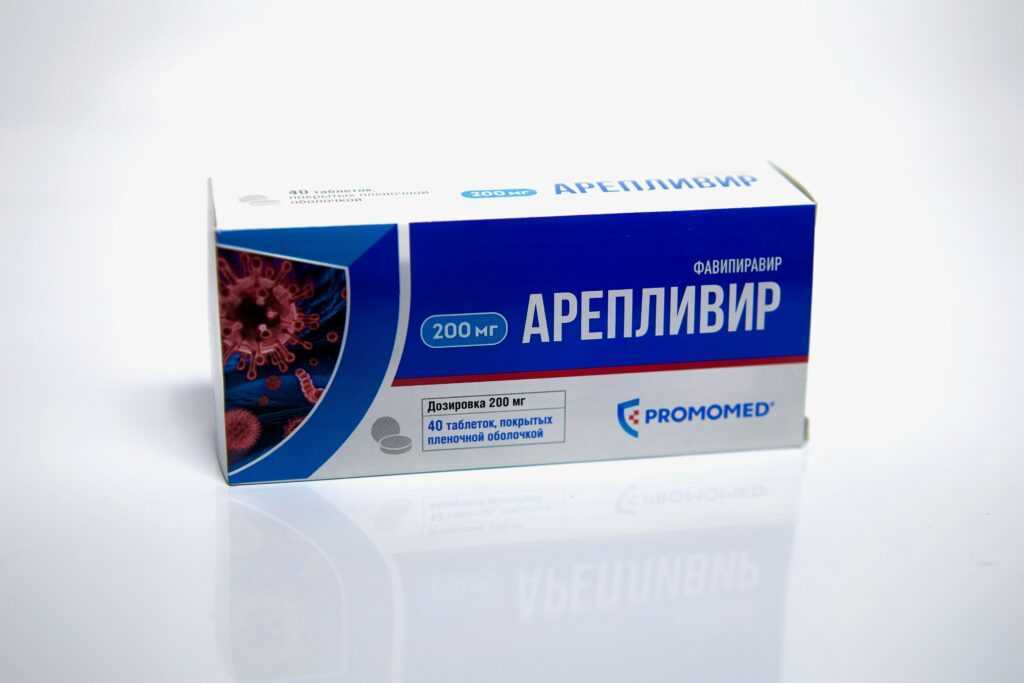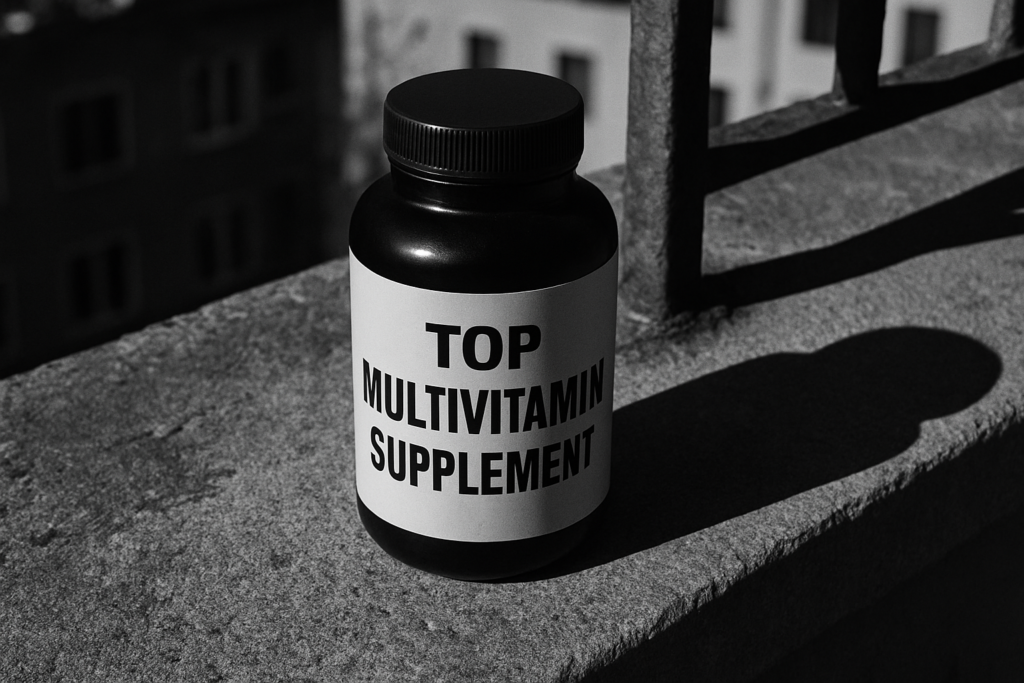Struggling with anemia can be draining, both physically and mentally. As someone who has dealt with this condition firsthand, I understand the importance of finding the right solutions to combat it effectively. In my journey to alleviate the symptoms of anemia, I discovered the significant role that iron supplements play in boosting iron levels and improving overall well-being.
In this article, I’ll delve into the world of iron supplements, exploring the most effective solutions available to address anemia. From understanding the different types of iron supplements to identifying the best ways to enhance their absorption, I’ll share valuable insights to help you make informed decisions about managing your anemia. Let’s embark on this journey together to find the most suitable iron supplement that can make a real difference in your health and quality of life.
Understanding Anemia and Iron Deficiency
Anemia is a common condition characterized by a lack of healthy red blood cells or hemoglobin in the blood. It can lead to symptoms like fatigue, weakness, and dizziness, impacting daily life and overall health. Iron deficiency is one of the primary causes of anemia, as iron is essential for the production of hemoglobin. Without an adequate iron supply, the body struggles to produce enough healthy red blood cells, leading to anemia.
Iron deficiency can result from various factors such as inadequate dietary intake of iron-rich foods, poor iron absorption, blood loss due to menstruation or internal bleeding, or certain health conditions that interfere with iron absorption. Understanding the underlying causes of iron deficiency is crucial in effectively addressing anemia and restoring optimal iron levels in the body.
To determine the most effective solutions for anemia, it’s essential to first identify the root cause of iron deficiency. This involves conducting tests to measure iron levels in the blood, assessing red blood cell counts, and investigating the possible reasons contributing to iron depletion. By understanding the specific factors causing iron deficiency, healthcare providers can tailor treatment approaches to address the individual’s needs and promote better iron absorption.
Comprehending the relationship between anemia and iron deficiency is key to implementing effective solutions. By recognizing the factors that contribute to iron depletion, individuals can take proactive steps to improve their iron levels and manage anemia more efficiently. Proper diagnosis and targeted interventions play a crucial role in mitigating the challenges associated with anemia and enhancing overall well-being.
Popular Iron Supplements on the Market
When it comes to addressing iron deficiency anemia, choosing the right iron supplement is crucial for effectively increasing iron levels in the body. Understanding the available options in the market can help individuals make informed decisions tailored to their needs.
Oral Iron Supplements
In my experience, oral iron supplements are commonly recommended as a first-line treatment for iron deficiency anemia. These supplements are convenient and easy to use, making them a popular choice for many individuals. Examples of commonly prescribed oral iron supplements include ferrous sulfate, ferrous gluconate, and ferrous fumarate. It’s important to note that while oral iron supplements are generally well-tolerated, they can sometimes cause gastrointestinal side effects such as constipation or stomach upset.
Intravenous Iron Supplements
For individuals who may have difficulty absorbing iron orally or require more rapid replenishment of iron stores, intravenous iron supplements may be recommended. Intravenous iron supplements are administered directly into the bloodstream, allowing for quick and efficient delivery of iron to the body. Examples of intravenous iron supplements include iron sucrose, ferric carboxymaltose, and iron dextran. Although intravenous iron supplements are effective, they are usually reserved for cases where oral supplements are ineffective or cannot be tolerated due to side effects.
Factors to Consider When Choosing an Iron Supplement
When selecting an iron supplement, it’s crucial to consider several factors to ensure its effectiveness in treating anemia. Below are key aspects to keep in mind:
- Form of Iron: The type of iron in the supplement can impact its absorption and tolerability. For example, ferrous sulfate is a common form of oral iron that is widely available and affordable, but it may cause gastrointestinal side effects for some individuals. On the other hand, iron bisglycinate is a form that is gentler on the stomach and may be better tolerated by those with sensitive digestive systems.
- Dosage and Elemental Iron Content: Pay attention to the dosage of the supplement and the amount of elemental iron it contains. Elemental iron refers to the actual amount of iron available for absorption in the body. Different supplements vary in their elemental iron content, so selecting one with the appropriate dosage is essential for meeting your iron needs.
- Bioavailability: The bioavailability of the iron supplement determines how well the body can absorb and utilize the iron. Some forms of iron have higher bioavailability than others, meaning they are more efficiently absorbed by the body. Choosing a supplement with high bioavailability can ensure that you are getting the maximum benefit from the iron.
- Side Effects: Consider the potential side effects associated with the iron supplement. While some individuals may experience mild gastrointestinal discomfort with oral iron supplements, others may have more severe reactions. Understanding the possible side effects can help you make an informed decision based on your tolerance level.
By considering these factors when choosing an iron supplement, you can tailor your treatment approach to effectively manage anemia and boost your iron levels.
Tips for Enhancing Iron Absorption
Exploring ways to boost iron absorption is crucial for effective anemia management. Here are some tips to maximize the absorption of iron supplements:
- Vitamin C: Incorporating vitamin C-rich foods or supplements along with iron-rich meals can significantly enhance iron absorption. For example, pairing iron-fortified cereal with a glass of orange juice can boost the body’s ability to absorb iron.
- Avoid Calcium and Coffee: Consuming calcium-rich foods or beverages like dairy products and coffee can hinder iron absorption. It’s advisable to separate calcium and iron consumption by a few hours to ensure optimal absorption of both nutrients.
- Cook in Cast Iron: Cooking acidic foods like tomato sauce in cast iron cookware can increase the iron content of the meal, aiding in better absorption of this essential mineral.
- Limit Tea Consumption: Tannins present in tea can reduce the absorption of non-heme iron (plant-based iron sources). It’s recommended to avoid consuming tea with iron-rich meals to maximize iron bioavailability.
- Consider Individual Needs: Consulting a healthcare provider or a dietitian to determine the appropriate iron supplement dosage and formulation based on individual dietary requirements and absorption issues is essential for effective anemia management.
By implementing these strategies to enhance iron absorption, individuals can optimize the effectiveness of iron supplements in combating anemia and improving overall iron levels.




